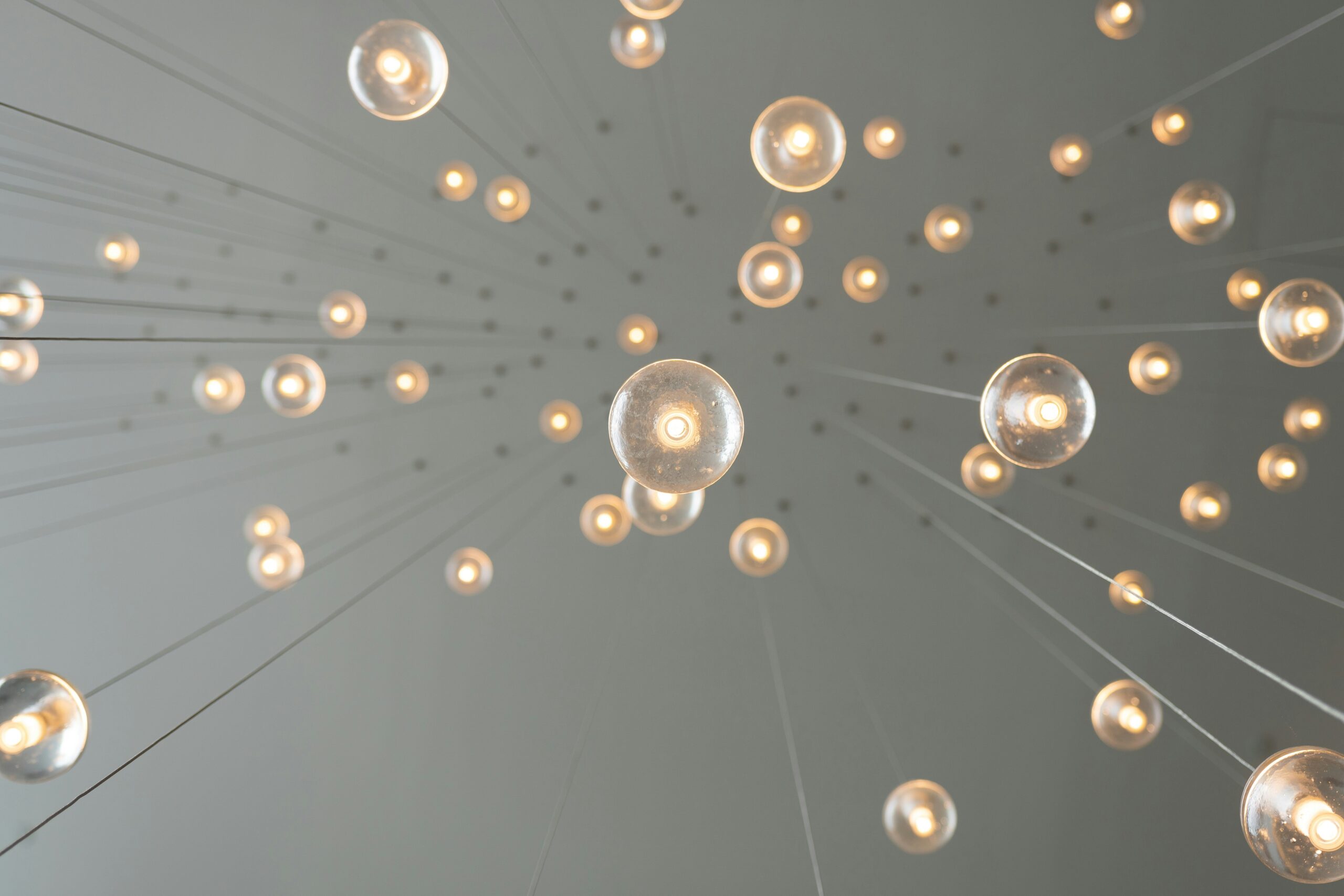
A shift is taking place in Italy’s innovation landscape.
Events such as the launch of A2A Life Ventures, attended by e-Novia CEO Massimiliano Benci and Head of Venture Studio Federico Lorenzo Moro, highlight how industry, academia, and capital are now shaping the country’s technological future together.
They reflect the growing vitality of an innovation ecosystem moving beyond traditional open innovation toward co-creation and shared execution—a more integrated and results-driven model.
For years, open innovation has been the main bridge between corporates and startups.
Today, companies are looking for more than collaboration—they need models that turn ideas into measurable industrial value.
That’s where the startup studio comes in—one of the most relevant and promising models of collaborative innovation.
Unlike incubators or accelerators, a startup studio supports founders from day one, acting as an industrial and technological co-founder.
Thanks to its ecosystem of academic, industrial, and financial partners, e-Novia immediately connects new ventures with the right companies and investors, accelerating technological validation, market entry, and team growth.
For e-Novia, this means combining technical know-how, entrepreneurial experience, and industrial networks in a single venture-creation path that reduces time, risk, and innovation waste.
At the heart of this model lies Physical AI—the convergence of artificial intelligence, sensors, and mechatronics that makes products and processes intelligent, adaptive, and connected.
It’s the same approach that led to ventures like Tokbo, which monitors infrastructure with sensorized bolts, and Smart Robots, which brings computer vision to manual assembly.
These innovations emerge from close collaboration between research and industry, where technology enhances human capability rather than replacing it.
Physical AI is rapidly becoming a key driver of competitiveness for European manufacturing and services—making sustainability and productivity two sides of the same coin.
Across Europe, less than 20% of academic innovations reach the market.
Bridging this gap requires an active, collaborative approach to tech transfer, where universities, corporates, and investors work together from the earliest stages.
Through its Innovation Bootcamps and Intelligence Infusion programs, e-Novia helps organizations transform research into scalable products and services, supporting teams from strategic framing to market validation.
It’s a shared innovation model, where every stakeholder contributes to building solutions ready for industrialization.
Being present at the launch of A2A Life Ventures was, for e-Novia, a significant signal of the vitality of Italy’s innovation ecosystem and the central role of collaboration between corporates, startups, and research institutions.
It was also an opportunity to share perspectives and reaffirm the strategic direction the Group is pursuing: fostering a model of innovation based on Physical AI, technology transfer, and strong connections between academia and industry.Within the startup studio model in Italy, collaboration between research, industry, and capital becomes a factory of deep-tech ventures—sustainable, scalable, and industrially relevant.
In this landscape, e-Novia continues to bridge diverse worlds with one mission: turning knowledge into enterprise and technology into tangible progress.
FAQ
What is a startup studio and how is it different from an incubator?
A startup studio works with founders from the very beginning as a co-founder, providing technological, business, and executional expertise.
Through a solid network of universities, corporates, and investors, it helps startups validate technology early and connect with industrial partners to accelerate go-to-market.
What role does e-Novia play in developing the startup studio model in Italy?
e-Novia is one of Italy’s leading industrial startup studios, rooted in Physical AI and dedicated to turning innovation into measurable value for companies and the ecosystem.
How does Physical AI enhance industrial competitiveness?
By integrating AI, sensors, and mechatronic systems into products and processes, Physical AI improves efficiency, safety, and sustainability.
How is open innovation evolving through the startup studio model?
The startup studio advances open innovation by enabling shared execution and ownership, turning ideas into ventures ready for the market.